Michael Weingrad
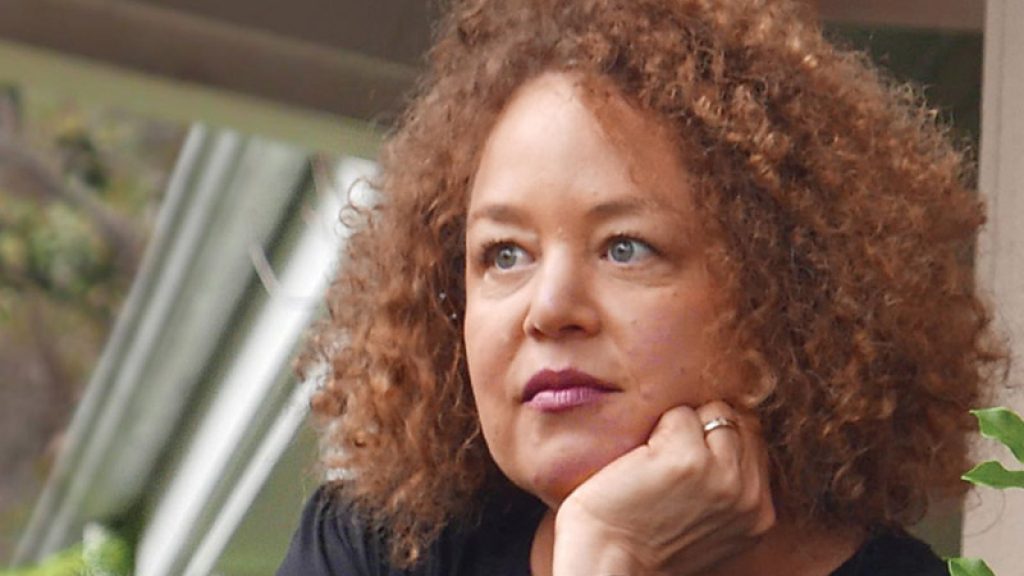
As American as Augie March
Once again, Maya Arad marries the metafictional play of Nabokov with the moral warmth of Jane Austen.

EUGENE NADELMAN: A Tale of the 1980s in Verse
"Our tale's debut / Takes place in 1982 / When I, for one, if not exactly / A double of our leading guy / Was like him, bookish, awkward, shy." - Coming of age in iambic tetrameter.
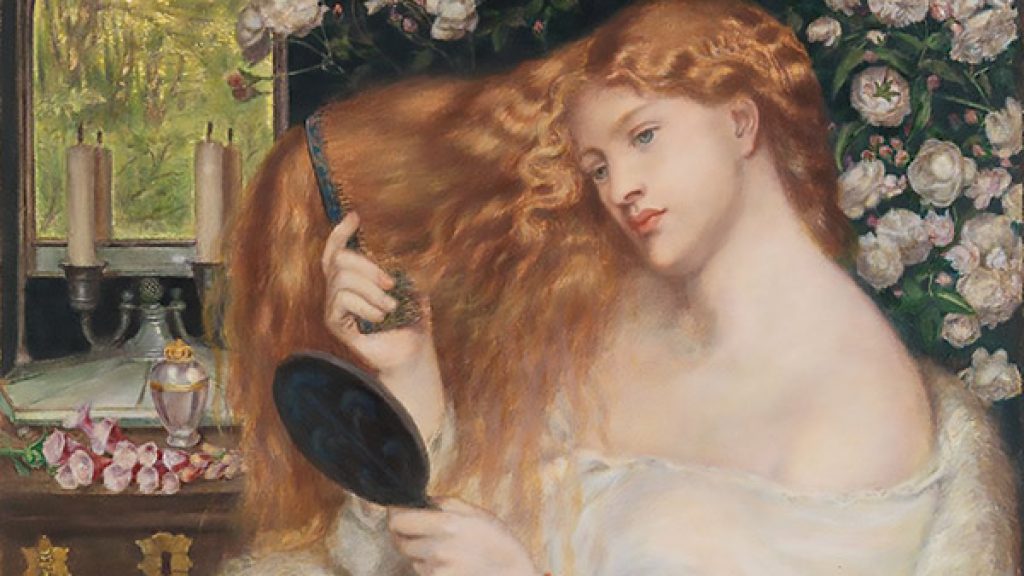
Lilith and the Knight
Demons, dragons, and a “Tel Aviv hipster in King Arthur’s Court.”
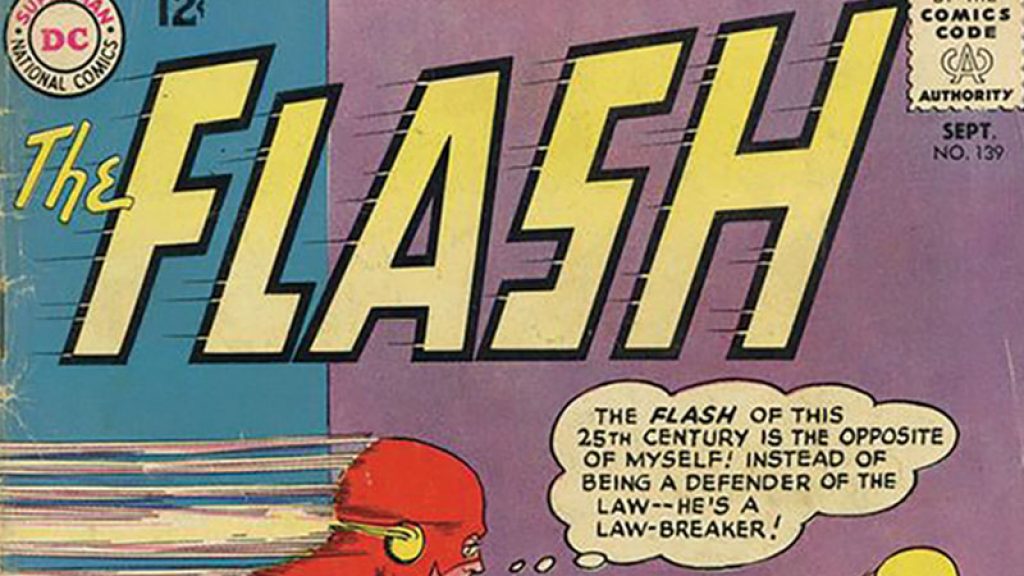
Super Stan
Even in comparison with so many other contributions to American popular culture and entertainment, comic books are an especially Jewish story.

The Zionavar Tapestry
Canadian fantasy writer Guy Gavriel Kay weaves unique novels with Jewish themes but never quite escapes Tolkien's orbit.

Watching Game of Thrones, Waiting for Shavuot
Binge-watching the traditionless Game of Thrones while looking forward to the traditional binge-learning of Shavuot.

The Best Unicorn
Peter S. Beagle's classic fantasy novel The Last Unicorn perhaps betrays its Jewish bent with "idiosyncratic yet archetypal characters such as the hapless magician Schmendrick."

Harold Bloom: Anti-Inkling?
It’s a bit surprising to come across Harold Bloom’s confession that the literary work that has been his greatest obsession is not, say, Hamlet or Henry IV, but a relatively little-known 1920 fantasy novel.

The 2,000-Year-Old Women
Michael Weingrad discusses how two of the most highly praised novels of 2018, Dara Horn’s Eternal Life and Sarah Perry’s Melmoth, feature a Jewish woman born in ancient Judea who still walks the earth today.
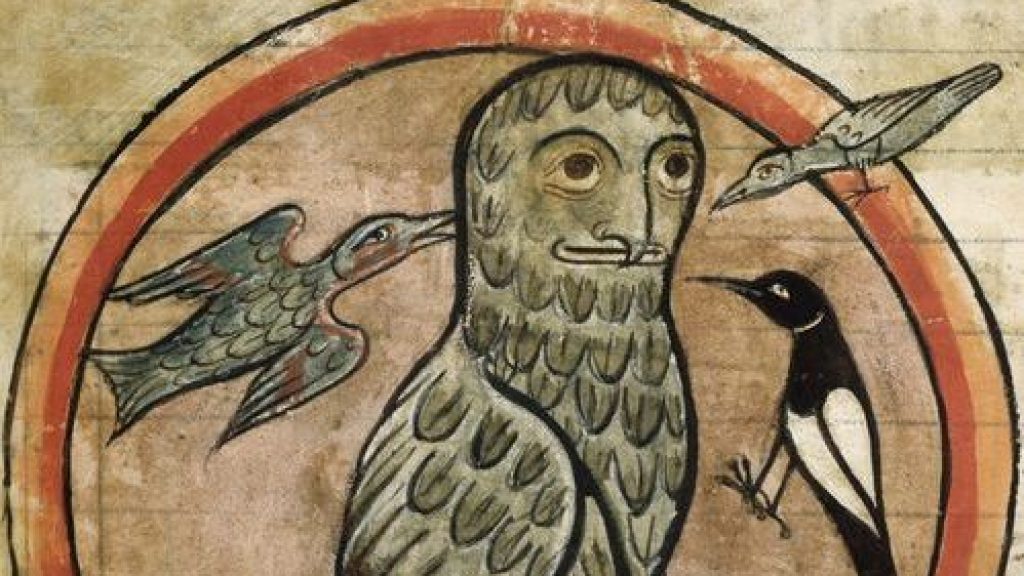
Of Were-Owls and Wandering Jews
There were two Jewish shape-shifters in my Faerie and Zion reading this month.
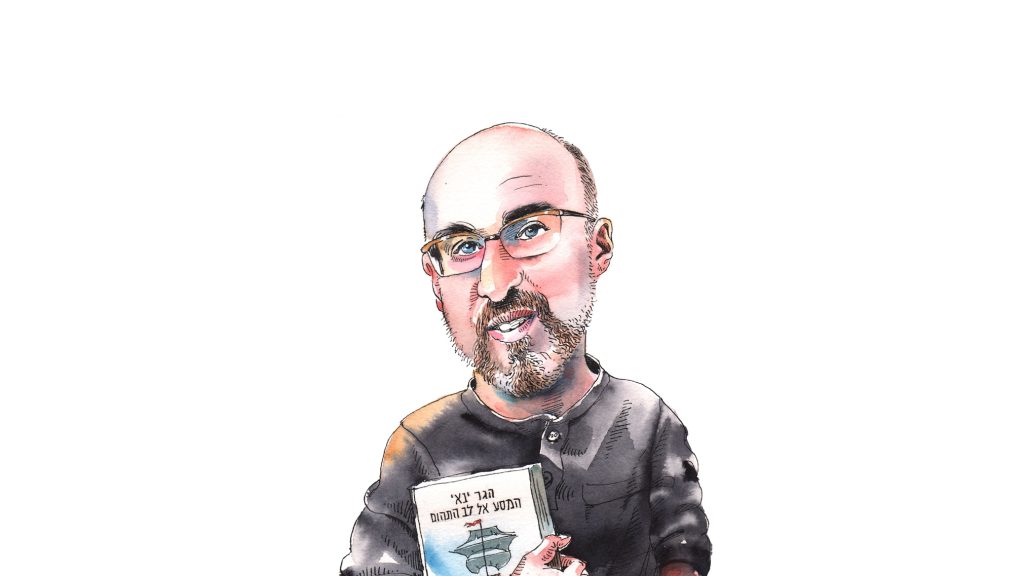
Unspun
I reserve the right to chat with you about all of my reading, whether there be dragons or not.
Lost in America
Two new books, different in tone but matched in caliber, show Israelis making their way as best they can in America and in life.
Out-of-Body Experiences: Recent Israeli Science Fiction and Fantasy
The Yarkon is as good a site as any for pondering the relationship between Israel and the imagination.

Perish the Thought
Bruno Chaouat dares to ask whether, given the moral autism of so many of Theory’s luminaries when facing the basic political questions of our time, his own romance with it has been a similar waste.
The Exilarch’s Lost Princess
In real life, or as much of it as historians can reconstruct, Septimania was a name for the region of southern France that included the Jewish populations of such venerable cities as Carcassonne, Narbonne, and Toulouse. Jonathan Levi leans on the most delightfully far-fetched version of these events in his latest novel.
Brave New Golems
As monsters go, golems are pretty boring. Mute, crudely fashioned household servants and protectors, in essence they’re not much different from the brooms in the “Sorcerer’s Apprentice” story.
The Inklings
Leo Strauss may be as devastating as C. S. Lewis in his criticism of facile and destructive dogmas, but Hollywood isn’t planning a film version of Strauss’s Natural Right and History any time soon.
A Cipher and His Songs
Avraham Halfi faced outward, a gifted comic performer, and inward, a lyric poet of resonant privacy.

Drawing Conclusions: Joann Sfar and the Jews of France
The great French comic artist is now working at the height of his considerable powers, and he is obsessed with questions of Jewish identity and life in Europe.

Jews of Dune
In Chapterhouse: Dune, the sixth book in the Dune series and the last Herbert wrote before his death, the Jews show up.
Riding Leviathan: A New Wave of Israeli Genre Fiction
A new batch of Israeli fantasy books may not contain Narnias, but they pound on the wardrobe, rattling the scrolls inside.
Fiction and Forgiveness
Dara Horn’s novel goes down to Egypt to guide its perplexed characters through a Joseph story.

The Language of Babylon
The Jewish scholar of Arab literature Sasson Somekh's new autobiography is the latest in a line of memoirs of Jewish Baghdad.
No Jewish Narnias: A Reply
Michael Weingrad responds to readers of his essay on the dearth of Jewish fantasy literature.
Why There Is No Jewish Narnia
So why don’t Jews write more fantasy literature? And a different, deeper but related question: why are there no works of modern fantasy that are profoundly Jewish in the way that, say, The Lion, the Witch, and the Wardrobe is Christian?
